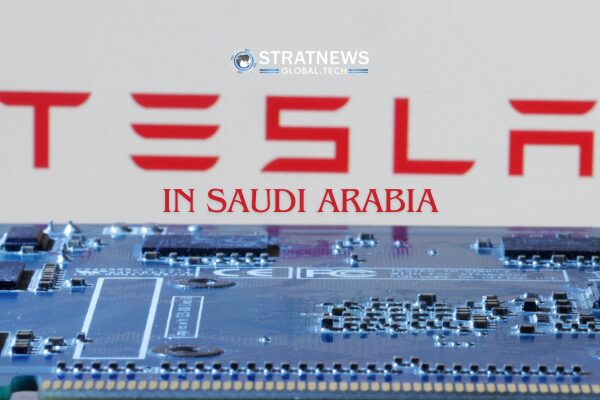Tesla Launches in Saudi Arabia Amid EV Market Challenges and Political Shifts
Tesla has officially started selling its electric vehicles in Saudi Arabia, with its launch set for Thursday, 10 April. The debut marks a significant step for the US automaker in a market that has been slow to adopt electric vehicles (EVs) and lacks basic infrastructure like charging stations.
A Market with Untapped Potential
Currently, Saudi Arabia has just 101 EV charging stations across the country. Along a key 900-kilometre highway between Riyadh and Mecca, not a single public charging station exists. In comparison, the United Arab Emirates, with a third of Saudi Arabia’s population, boasts over 260 charging stations.
EV sales in the kingdom totalled only 2,000 units last year—fewer than Tesla sells on an average day globally. Still, Saudi Arabia has massive ambitions. The government aims for 30% EV adoption by 2030 and plans to increase its charging infrastructure fiftyfold to 5,000 stations through its Electric Vehicle Infrastructure Company.
Political Thaw Boosts Tesla’s Entry
Tesla’s late entry into the Saudi market follows years of tension between CEO Elon Musk and the kingdom’s sovereign wealth fund, the Public Investment Fund (PIF). The rift began in 2018 after Musk claimed he had “funding secured” to take Tesla private—a plan tied to talks with the PIF that later fell apart. Legal disputes and leaked messages further soured relations.
However, the political landscape has shifted. Musk’s growing ties with former US President Donald Trump, now a leading figure in American politics once again, appear to have thawed previous tensions. Trump’s expected visit to Saudi Arabia, his first foreign trip since re-entering the spotlight, is encouraging US firms to re-engage with the Gulf region.
“Plenty of business people are thinking about how to position their firms around President Trump’s anticipated visit,” said Robert Mogielnicki of the Arab Gulf States Institute.
Tesla’s move is seen as an effort to regain lost ground and possibly benefit from Riyadh’s growing investment in the EV sector. The kingdom has committed around $39 billion as part of its Vision 2030 plan to diversify away from oil.
Tesla Facing Stiff Competition and Harsh Conditions
Tesla’s entry trails behind Chinese rival BYD, which opened a showroom in Riyadh in May 2024. BYD’s general manager in Saudi Arabia, Carlos Montenegro, noted that most vehicles sold in the country are hybrids due to range anxiety and infrastructure gaps. He added that local drivers typically travel far more than those in other markets, making charging a top concern.
Saudi Arabia’s extreme summer temperatures, reaching up to 50°C (122°F), also pose a challenge by reducing EV battery efficiency. Nonetheless, Tesla’s brand strength and expanding global presence may help it overcome these hurdles.
While Tesla’s debut may not immediately transform the Saudi market, it signals a new chapter in the automaker’s global strategy—one aligned with shifting political alliances and long-term economic reforms in the Gulf.
with inputs from Reuters


